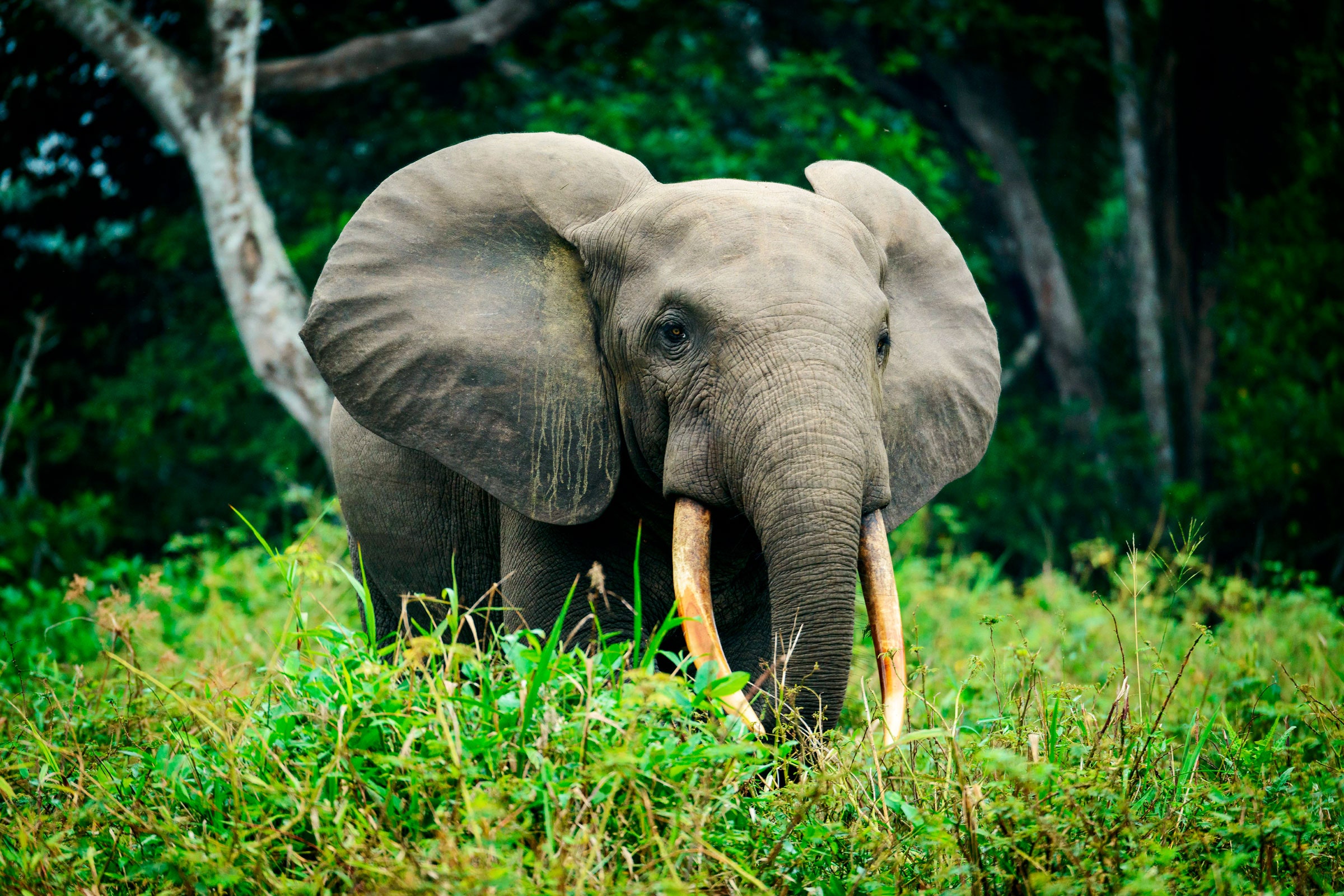Wild Animals Should Be Paid for the Benefits They Provide Humanity
Wild animals play a crucial role in maintaining the ecological balance of our planet. They provide various benefits that are often taken for granted by humans. Therefore, it is essential to acknowledge their contributions and consider compensating them for the services they offer.
One of the primary benefits that wild animals provide to humanity is biodiversity. The incredible diversity of species on Earth is a result of millions of years of evolution. Each species holds a unique place in the ecosystem, contributing to its stability and functioning. They help maintain healthy habitats, control pests, and support pollination and seed dispersal activities. These services are fundamental to our agricultural systems, food production, and overall well-being. Hence, it is only fair to consider remunerating wild animals for their invaluable role in preserving biodiversity.
Furthermore, wild animals also contribute to ecotourism, a rapidly growing industry that generates significant revenue worldwide. People are willing to travel long distances to experience wildlife in their natural habitats. From safari adventures to whale watching tours, the presence of wild animals attracts tourists and contributes to local economies. These financial benefits can help fund conservation efforts and protect natural habitats. By compensating wild animals for their role in the thriving ecotourism industry, we not only acknowledge their importance but also support their conservation and habitat preservation.
The financial compensation for wild animals can be established through innovative mechanisms. For instance, governments and corporations can establish funds dedicated to the preservation and maintenance of wildlife habitats. These funds can be generated through taxes, tourism fees, or corporate responsibility programs. The revenue generated can then be channeled towards wildlife conservation efforts, scientific research, habitat restoration, and community development initiatives in areas where wild animals reside.
Moreover, by recognizing the benefits they provide, we place a higher value on the existence of wild animals. This, in turn, raises awareness about their conservation and leads to a greater commitment to protect their habitats and ensure their well-being. When people understand and appreciate the significance of maintaining ecological balance, they are more likely to engage in sustainable practices and support efforts to mitigate human-wildlife conflicts.
In conclusion, wild animals offer numerous benefits to humanity, from biodiversity conservation to the flourishing ecotourism industry. It is time we acknowledge their contributions and consider compensating them for the services they provide. By doing so, we not only strengthen wildlife conservation efforts but also encourage sustainable practices and ensure a harmonious coexistence between humans and the magnificent creatures that share our planet.
